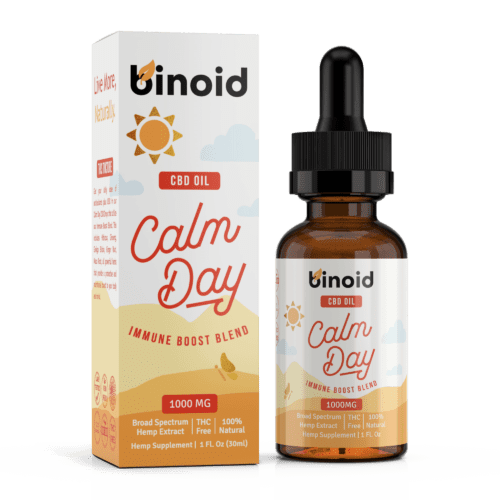
CBD Industry Regulation In Question After Head of FDA Resigns
Recent news of Scott Gottlieb resigning from the head of the U.S. Food and Drug Administration has put the future regulation of CBD in question. Or at least a temporary halt. The fallout has led to Cannabis stocks dropping 3% on average.
Scott Gottlieb is known for his influence against teen vaping, and regulations regarding flavors and advertising to minors. He was helping curve the epidemic of young vapers up until this point.
Additionally, as recent as last week Gottlieb released a statement about holding a meeting in April to discuss the future regulation of hemp-derived CBD. Hemp is the sister plant to the Marijuana plant. Both under the Cannabis Sativa plant umbrella. Hemp contains mostly CBD, which is a cannabinoid compound that affects our neuroreceptors in the brain.
To Buy CBD Products Click Here
-
Product on sale
 CBD Gummies$26.99
CBD Gummies$26.99$49.99 -
Product on sale
 Binoid Calm Day CBD Oil – Immune Boost$28.99
Binoid Calm Day CBD Oil – Immune Boost$28.99$64.99 -
Product on sale
 CBDfx CBD + CBG Morning Capsules 900mg$53.99
CBDfx CBD + CBG Morning Capsules 900mg$53.99$69.99
Hemp CBD was just recently legalized within the 2018 Farm Bill, and since then has stirred up a lot of conflict regarding the regulation of CBD as a dietary supplement and an ingredient in foods and beverages. This sudden resignation leaves these controversial CBD topics up in the air.
The meeting in April between Scott and relevant parties is now put in question. Leaving a massive grey area in the expanding Hemp CBD nutrition industry. Before speaking about his resignation, Commissioner Scott Gottlieb stated “I understand Congress wants there to be a pathway for CBD to be available” but also added that it was “not a straightforward issue.”
One medication using CBD as an ingredient was recently just approved by the FDA in 2018. The drug called Epidiolex is an oral solution that is used to help treat seizures associated with two severe forms of epilepsy for patients 2 years of age or older. Named Lennox-Gastaut syndrome and Dravel syndrome.
Since then, the Hemp CBD industry has been knocking on the doors of the FDA, asking for approval as a dietary supplements coming in many forms such as CBD oil tinctures, hemp CBD creams, CBD Pet oils, CBD Gummy Bears (Gummies) and more.
FDA also has to discuss the rules and limits regarding using CBD in regular foods and beverages, including foods and juices from restaurants. The Public Health Administration has currently been “slapping the hands” of businesses who have added CBD to their restaurant items. Especially since the FDA has not officially begun regulation the manufacturing process of CBD. Until the FDA comes up with a solution for regulation, these restaurants and stores cannot use hemp oils in their menu items.
Large brands such as Coco-Cola, Inbev, and Ambev (Budweiser) have already began making plans into the CBD space, in preparation of FDA approval. However, this is now put to a temporary halt.
The FDA has been fairly consistent on their stance on the CBD market. However, recently the FDA has started to open up more about this pressing issue that is beginning harder to harder to manage without a definitive statement or position.
Looking into the future, the typical process for the FDA to make a stance is usually long. However, with the rapid growth rate and interest in CBD based products Jonathan Havens, a former regulatory counsel at the FDA and current co-chair of the Cannabis Law Practice told MarketWatch that “Gottlieb has said to do it quickly…(and) we might need to delegate different authority (with Congress) or make a new bill”. The FDA has no choice but to make a quick decision. Stay tuned.
Binoid CBD is a licensed online retail establishment, and best online shop for everything hemp CBD products based in Los Angeles, California. We carry the best prices available, no markups. Browse our collection of hemp CBD oil tinctures, topical creams, pet oils, hemp gummies & more.
To Buy CBD Products Click Here
-
Product on sale
 CBDA and CBGA Immunity Tincture – 2500mg$35.99
CBDA and CBGA Immunity Tincture – 2500mg$35.99$79.99 -
Product on sale
 Binoid Good Night CBD Oil – Sleep Blend$28.99
Binoid Good Night CBD Oil – Sleep Blend$28.99$64.99 -
Product on sale
 CBDfx CBD Cream Muscle & Joint 500mg$27.99
CBDfx CBD Cream Muscle & Joint 500mg$27.99$34.99

